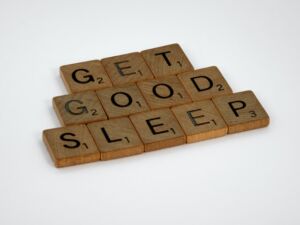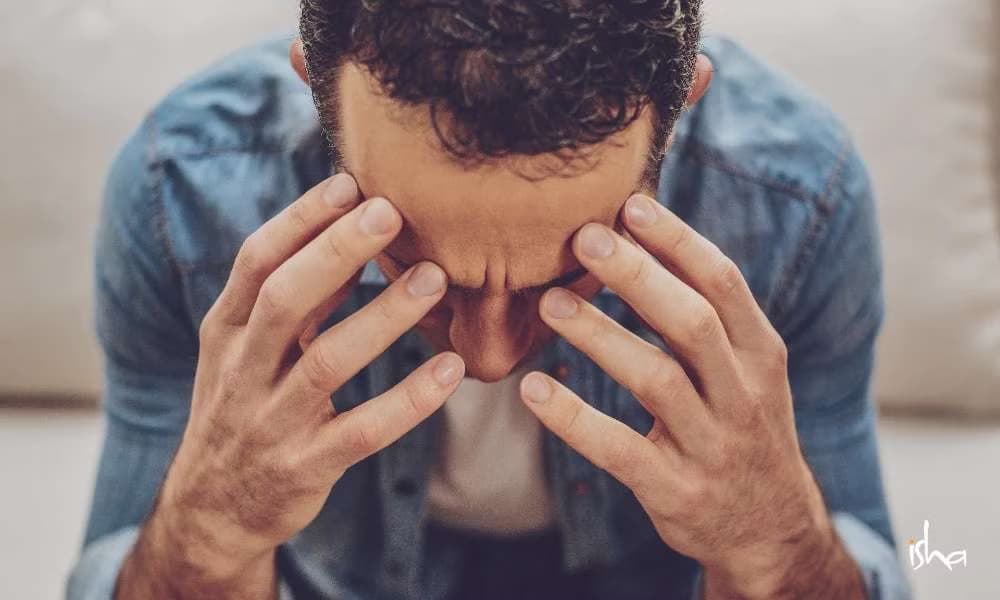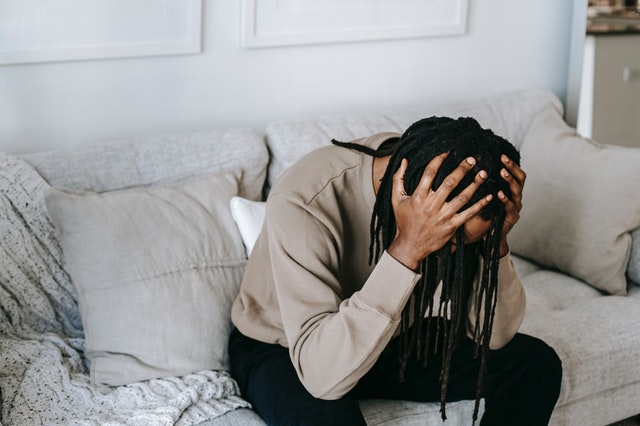 Anxiety disorders come in many varieties. All of them, however, can disturb your sleep patterns. This, in turn, puts you in danger of an insidious cycle. Anxiety creates chronic worry. Worry leads to rumination, which often results in trouble falling and/or remaining asleep. Even when they do fall asleep, they are more likely than others to awaken in the middle of the night.
Anxiety disorders come in many varieties. All of them, however, can disturb your sleep patterns. This, in turn, puts you in danger of an insidious cycle. Anxiety creates chronic worry. Worry leads to rumination, which often results in trouble falling and/or remaining asleep. Even when they do fall asleep, they are more likely than others to awaken in the middle of the night.
Such insomnia causes distress about not sleeping — distress that creates more anxiety. Running parallel to this trend is the reality that lack of quality sleep makes you more susceptible to anxiety. Obviously, this is not a momentum you can afford to ignore.
6 Ways to Keep Anxiety From Ruining a Good Night’s Rest
Since it’s not always possible to know which issue is causing the other, both must be addressed. This means getting input from a health professional. So, let’s mark that down as the first and most important way to keep anxiety from ruining a good night’s rest. To follow are some self-help steps that effectively complement that process.
1. Create a Sleep-Friendly Environment
There are three major components here:
- Light: Darker is better
- Sound: As quiet as you can make it
- Temperature: Cooler is your best bet
These adjustments can relax your mind and contribute to better sleep. Two other factors to consider:
- A pre-bedtime shower also relaxes you while lowering your body temperature
- Keep a regular sleep schedule, e.g. bedtime and waking time
2. Watch Your Physical Intake
- If you are taking any medications, do your homework. Some of them could sabotage your sleep. If so, talk to your doctor about switching.
- Smoking has several downsides and this includes compromising the quality and quantity of one’s sleep.
- As for eating habits: Smaller meals are better, avoid food that may cause heartburn, do not drink a lot of fluids before bedtime.
- Caffeine is a stimulant. If it can’t be avoided entirely, try limiting such consumption to mornings.
- Drinking alcohol increases your heart rate and thus, reduces the likelihood of falling asleep easily.
3. Watch Your Mental Intake
All that screen time is wreaking havoc on you. It also puts your mind in a state that is antithetical to relaxation and sleep. Create a strict schedule as to when you use your devices. Ideally, you want to cut off screen time well before you hit the sack. If you wish to consume content after that, try reading a book.
4. Work Up a Sweat!
Exercise serves a dual purpose in this effort. Firstly, getting in a good workout is shown to reduce anxiety. In addition, it improves sleep simply by making you more tired — but do not exercise too close to bedtime. If possible, get in some movement outdoors. Sunlight is helpful in regulating sleep patterns.
5. Naps Can Be Helpful, But…
Try not to nap too often or for too long. This can cause you to be less sleepy at bedtime.
6. Develop Some Relaxation Techniques
This is really the foundation, right. Technically, all of the above qualify as relaxation techniques. However, you may find it to be useful to cultivate some specific tactic, e.g.
- Mindfulness meditation
- Breathing exercises
- Yoga
- Mindful walking
- Listening to mellow music
- Aromatherapy
Let’s Talk About It
In the end, however, anxiety is a diagnosable disorder that responds well to professional intervention. Various forms of therapy have been found to be incredibly effective in such treatment. I’ve worked with numerous people who have gotten caught up in the anxiety/sleep cycle. At the moment, it may feel impossible to break.
Fortunately, with awareness and guidance, you can reset your sleep/wake rhythms and find recovery. If this sounds like something you long for, please read more about anxiety therapy, let’s connect and talk soon.





